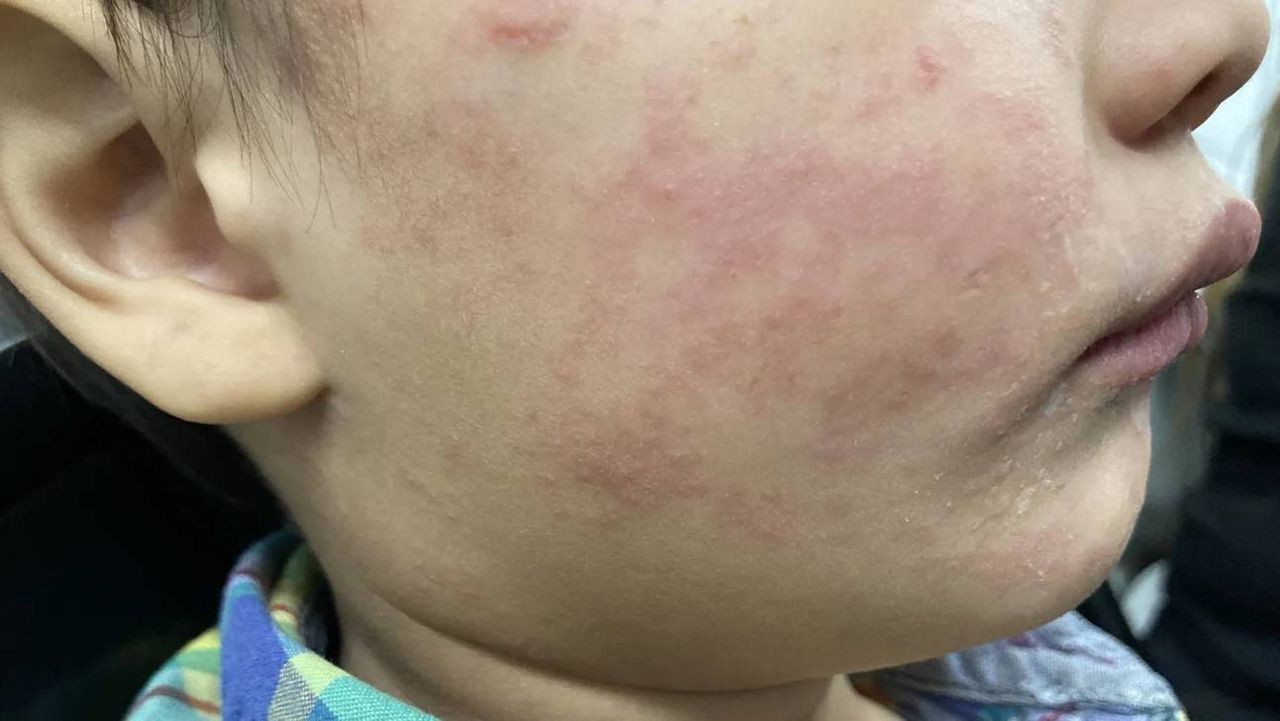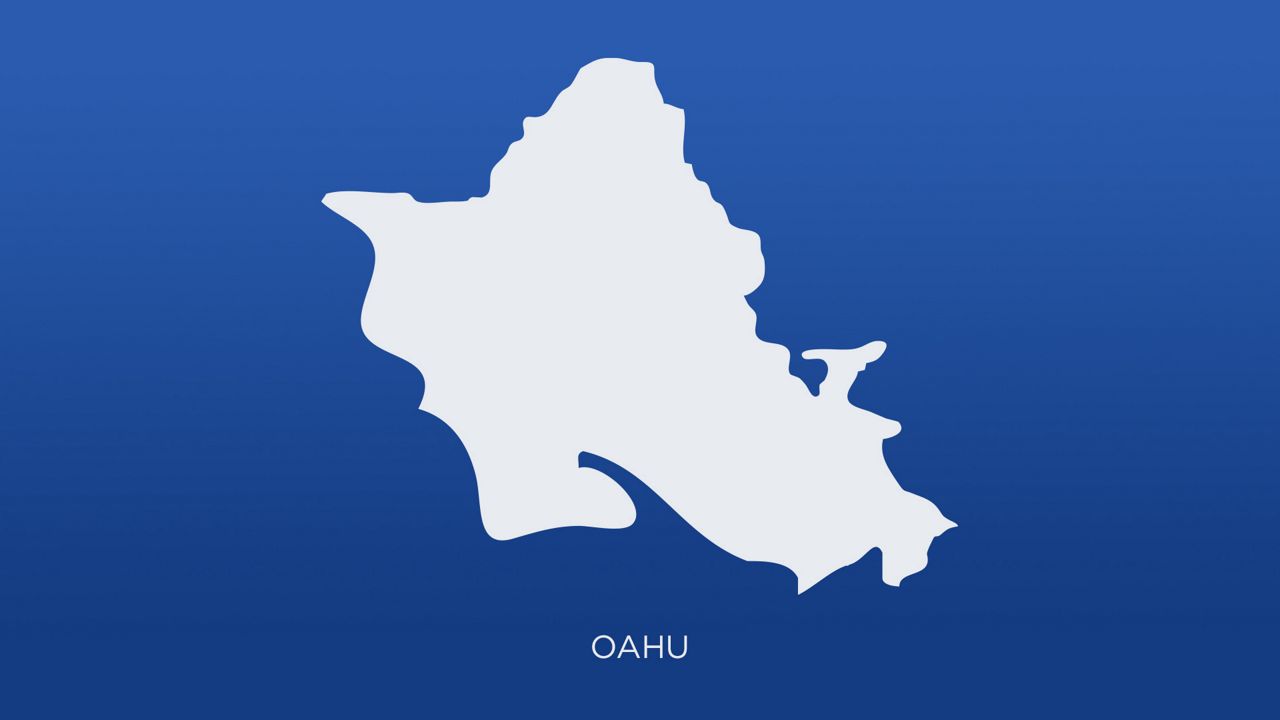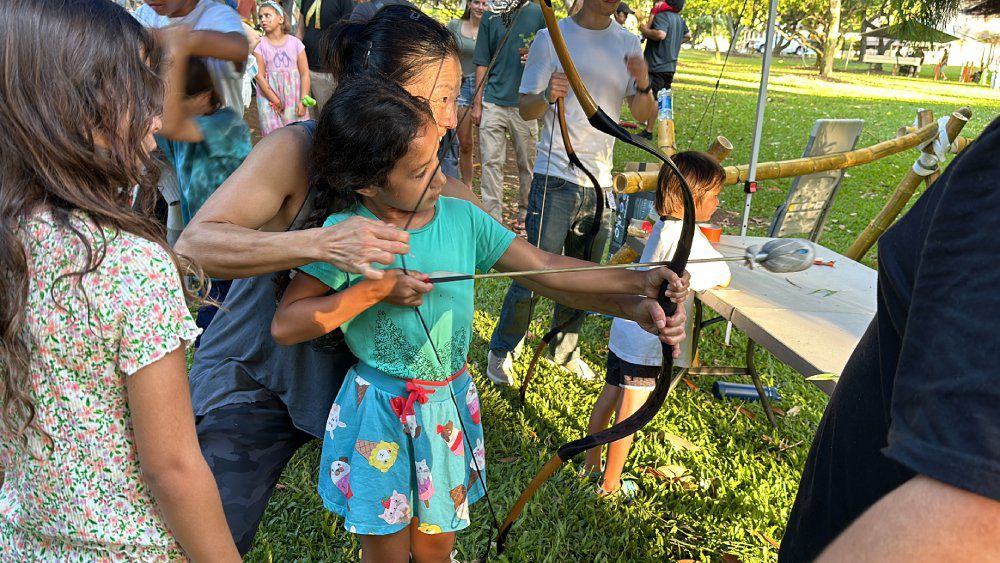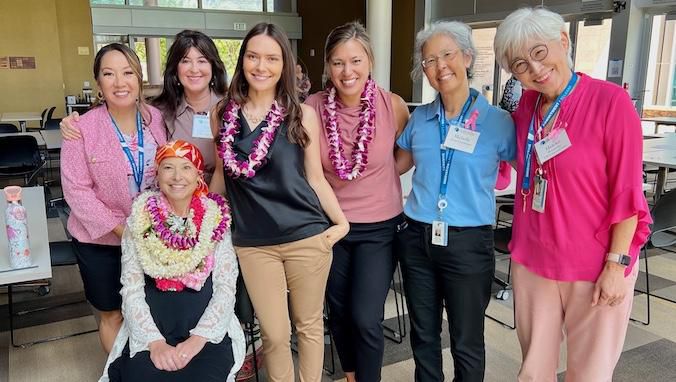With measles cases rising on the mainland and the local measles vaccination rate on the decline, the state Department of Health announced Friday that it was expanding its community outreach to alert the public to the rising threat of exposure and dispel unwarranted concerns about the safety and effectiveness of vaccines.
“Measles is a very serious, sometimes fatal disease for children,” said state epidemiologist Sarah Kemble in a news release. “At the rate it’s spreading, it could easily reach Hawaii on the next plane. The MMR (measles, mumps, and rubella) vaccine is our best defense against the measles virus. The emergency rules will remove a potential barrier for families choosing to protect their children with the MMR vaccine.”
A population vaccination rate of at least 95% is required to prevent a measles outbreak, according to the department. Texas’s vaccination rate stands at 93%, with 422 confirmed cases of the potentially deadly disease. In Hawaii, the measles vaccination rate is 90%.
DOH noted that vaccination rates can vary locally and by school, and the risk of an outbreak is higher in schools with low immunization rates.
To promote measles vaccination, DOH is issuing emergency rules to allow children with a religious exemption to receive the MMR vaccine while retaining the exemption to other vaccines and continuing to attend school. The department sent a letter to parents and guardians of public, private and charter elementary schools on April 2 explaining the emergency rules and encouraging them to get their child vaccinated for measles if they are not yet fully vaccinated.
DOH asked parents to report any updates to their child’s vaccination record to their school to maintain accurate vaccination data. Department officials said that should a measles outbreak occur in Hawaii, students without a record of an MMR vaccine may be prohibited from attending school. To arrange for vaccination, parents and school staff should contact the child’s health care provider or a local community pharmacy or clinic.
In addition to those who directly receive the vaccine, a high vaccination rate in the community helps protect newborns who are too young to get vaccinated, children who are unable to get vaccinated for medical reasons, unvaccinated pregnant women, and others who may have a weakened immune system.
Children should receive two doses of MMR, one at 12 to 15 months of age and a second at 4 to 6 years before school entry. Adults not at high risk of exposure and who do not have evidence of prior immunity are advised to have at least one documented dose of MMR in their lifetime.
Michael Tsai covers local and state politics for Spectrum News Hawaii. He can be reached at michael.tsai@charter.com.









GoogleStView_070702025)
